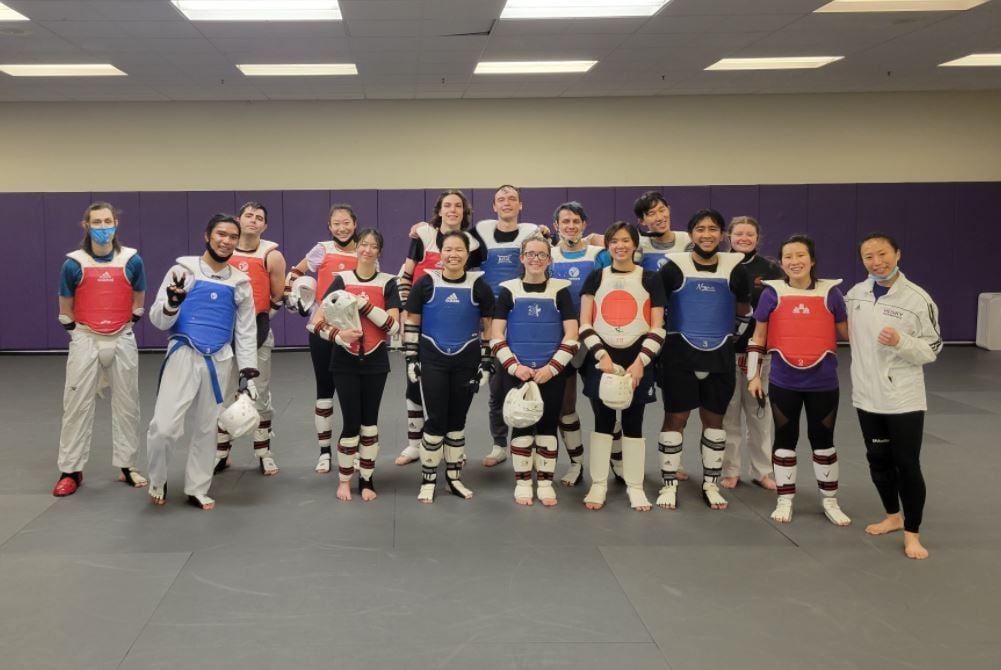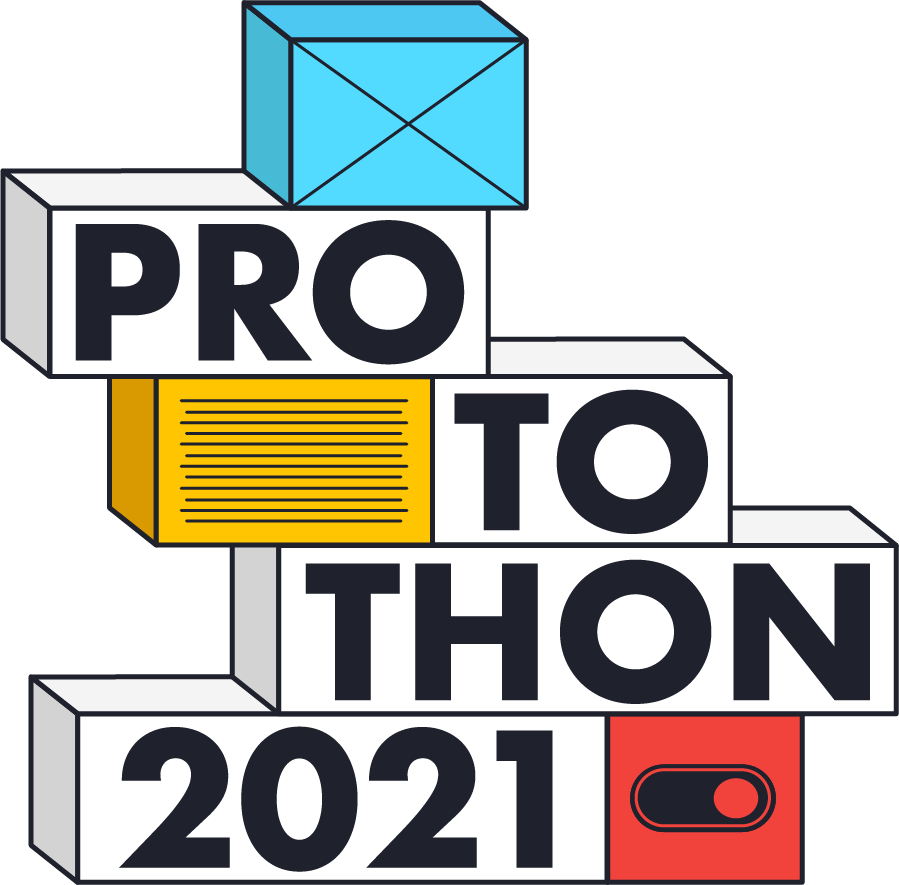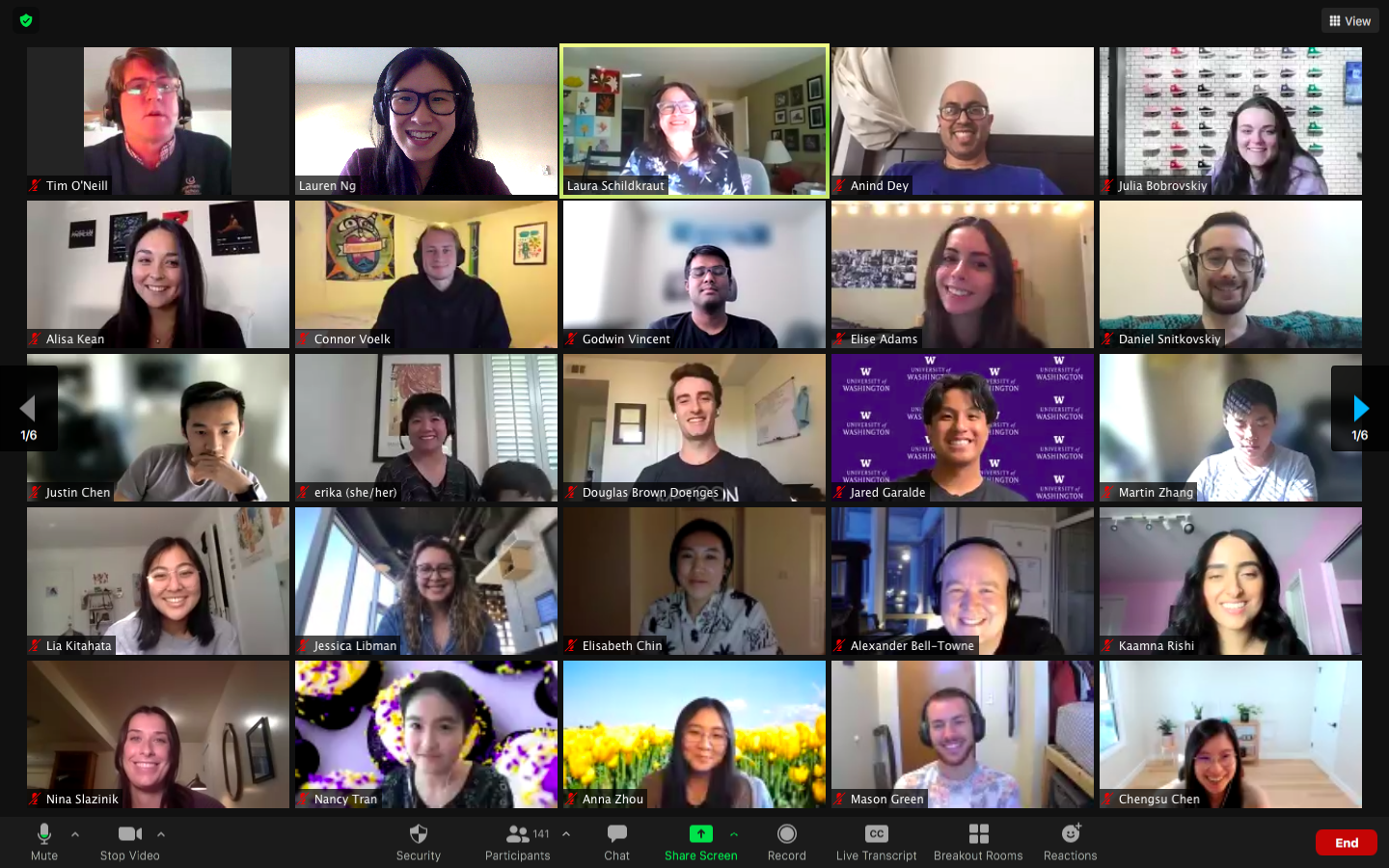
Hi, I'm Lauren
I am an outgoing, curious, and passionate student. I am very engaged with the Informatics community by being a peer advisor, researcher, mentor, and program assistant. I also participate in Husky Taekwondo, Dubstech, and work at the Foster Business School. Everyday from 8am to 10pm, I live, breathe, and study at UW.
But coming into college, I was the complete opposite. I was a quiet and reclusive Husky. I merely attended class, did my work in isolation, and spent the majority of my day in my dorm. I didn’t feel a sense of belonging and I spent countless hours contemplating if college was where I belonged. However, through the support of my Husky community, I was able to break out of this mindset and transform me into the person I am today. The husky spirit is contagious and I believe it has changed me for the better. Here’s how the story goes:



